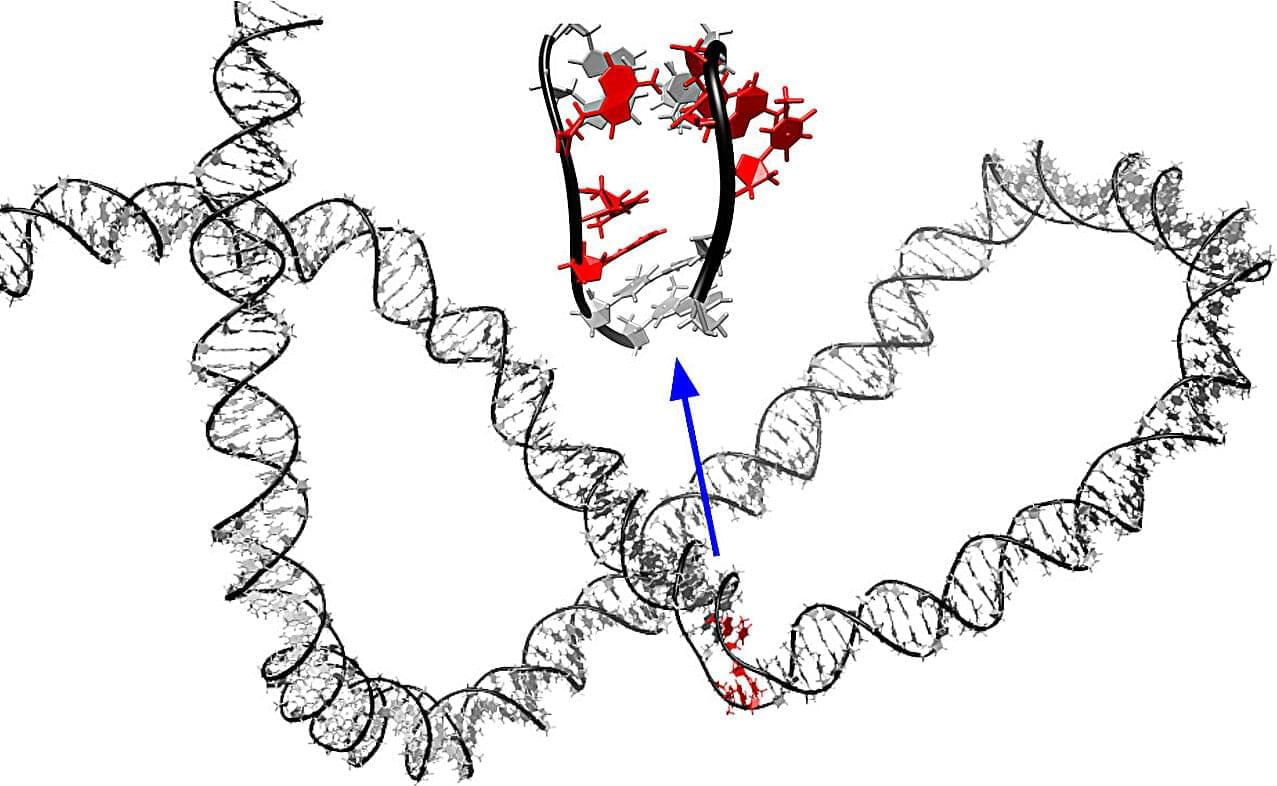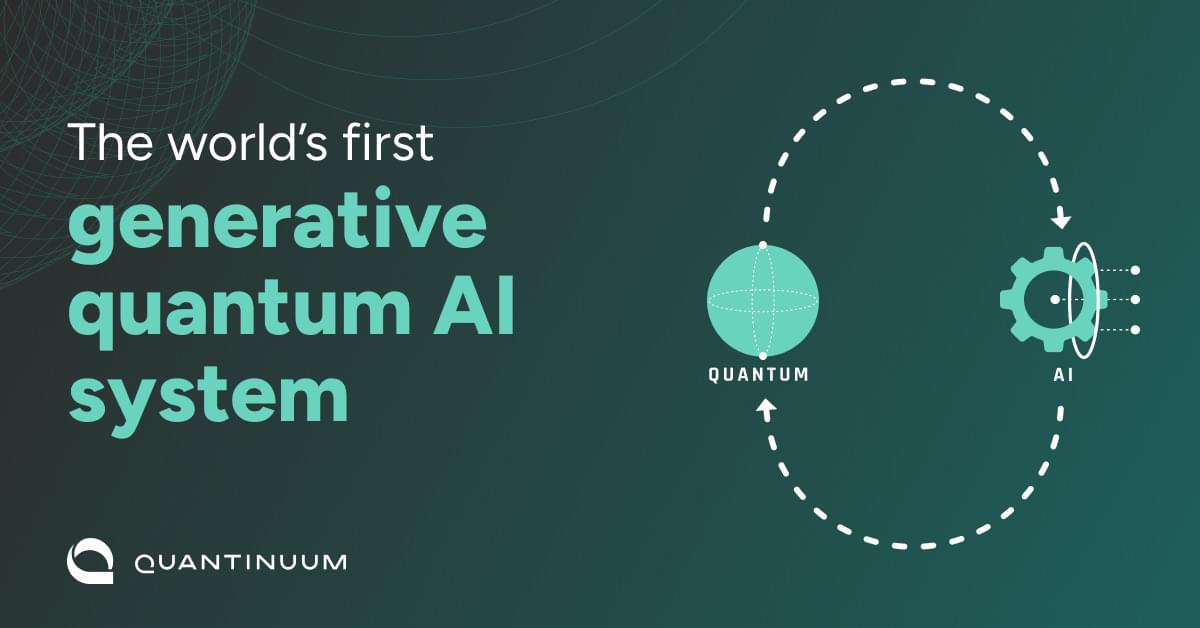In celebration of #Helldivers2’s Illuminate Invasion, Spacedock delves into Alien Invasions in Sci-Fi.
THE SOJOURN — AN ORIGINAL SCI-FI AUDIO DRAMA:
https://www.thesojournaudiodrama.com/
BECOME A CHANNEL MEMBER:
/ @spacedock.
SUPPORT SPACEDOCK:
https://www.patreon.com/officialspace… https://teespring.com/en-GB/stores/sp… Do not contact regarding network proposals. Battlezone II Music by Carey Chico Spacedock does not hold ownership of the copyrighted materiel (Footage, Stills etc) taken from the various works of fiction covered in this series, and uses them within the boundaries of Fair Use for the purpose of Analysis, Discussion and Review.
MERCHANDISE:
https://teespring.com/en-GB/stores/sp…
Do not contact regarding network proposals.




